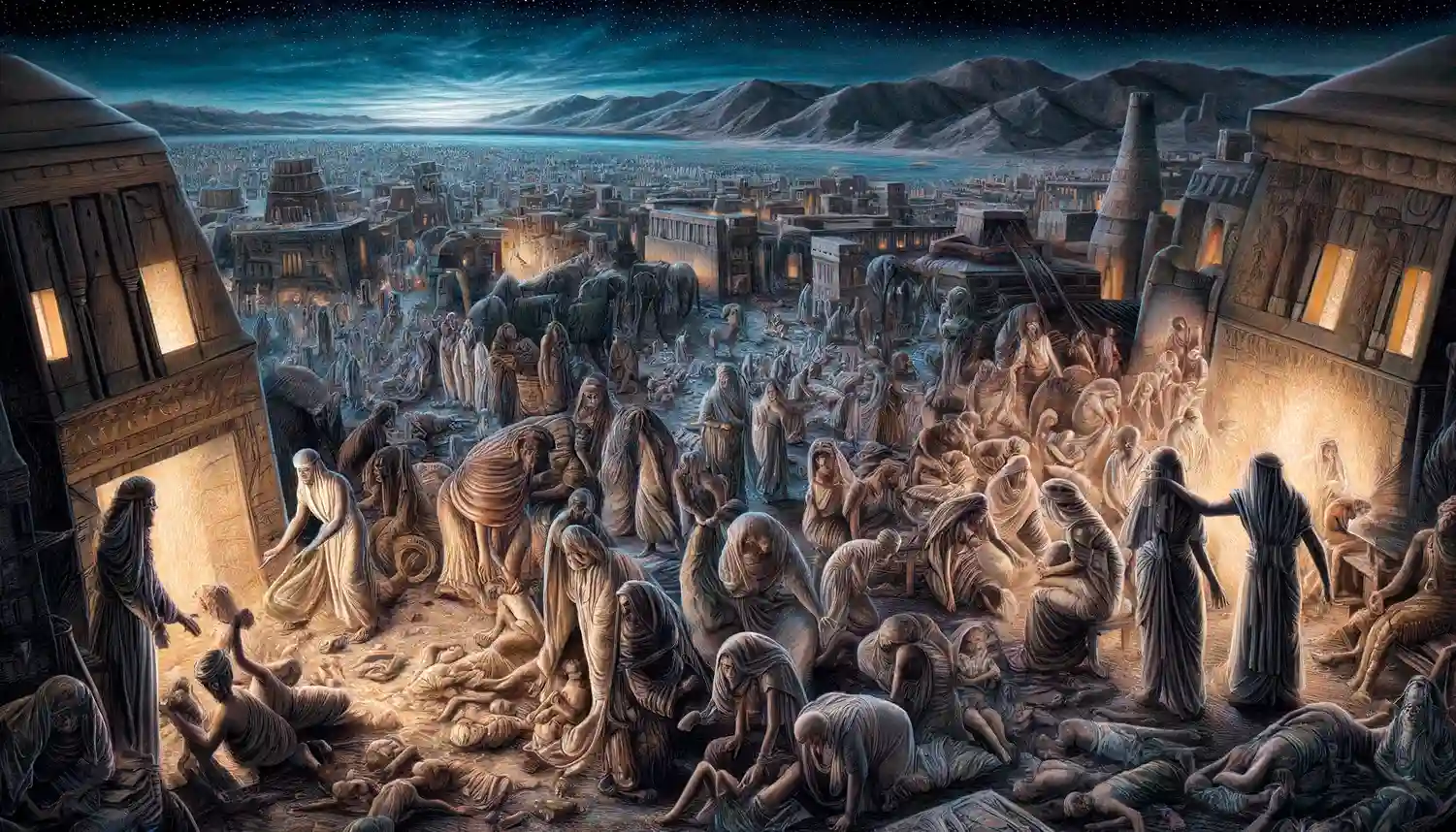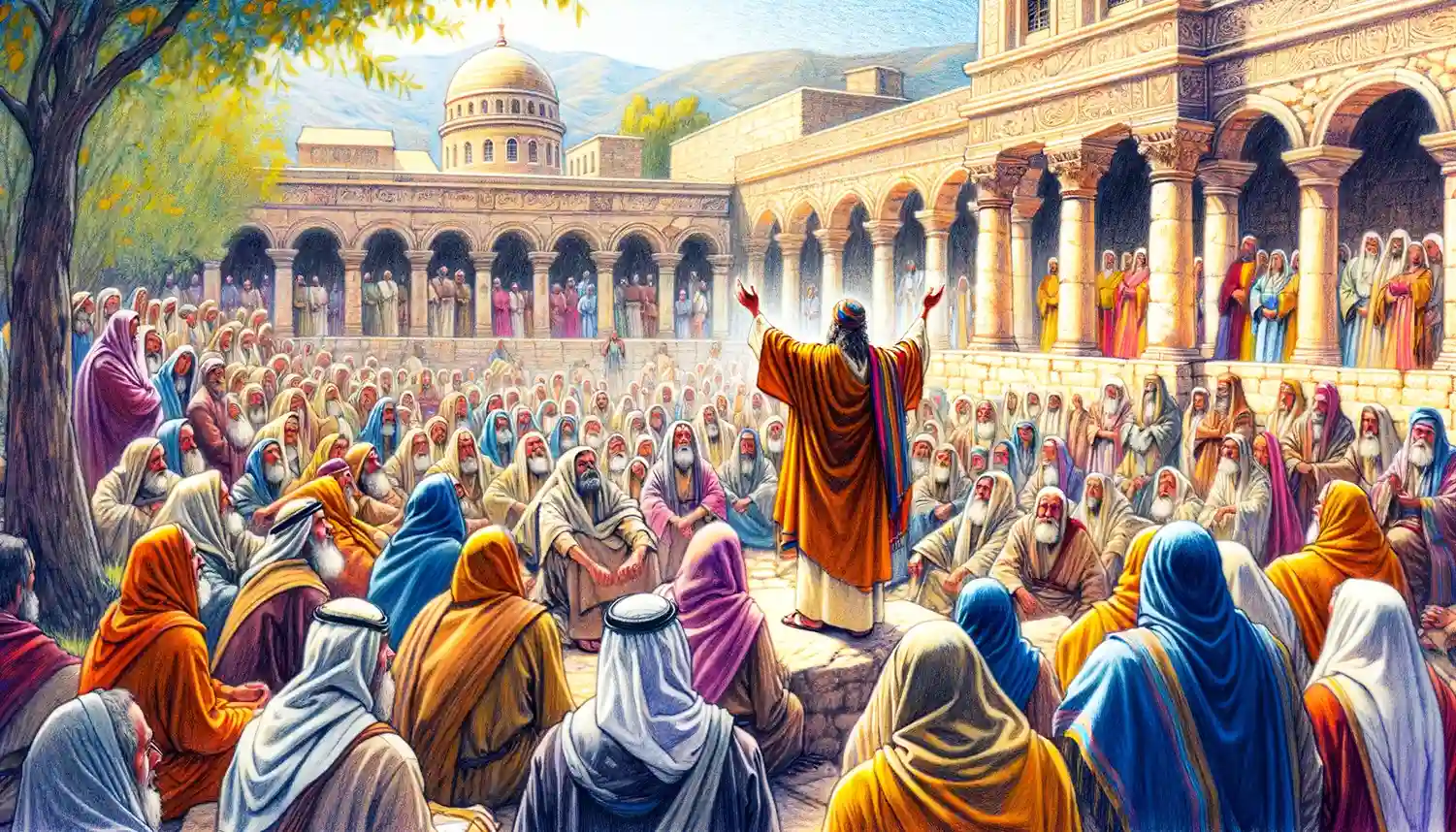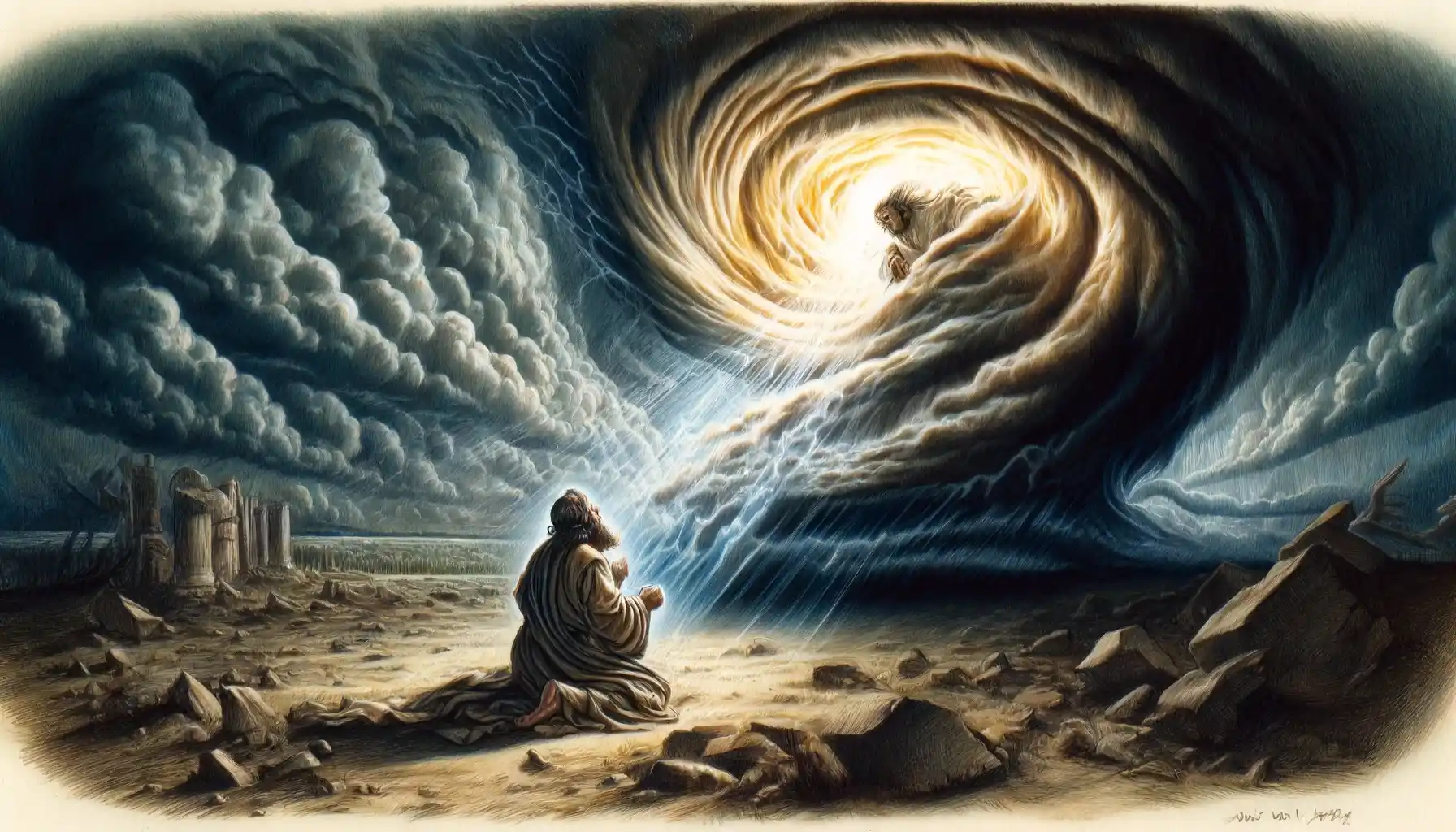The Seven Seals, Trumpets, and Bowls of Wrath described in Revelation chapters 6 through 16 present a complex series of divine judgments, symbolizing escalating consequences for human sin and unrepentance, and illustrating God’s absolute sovereignty and justice as He moves decisively towards the ultimate restoration of creation and the final defeat of evil.
The death of the Egyptian firstborns, as narrated in Exodus 12:29-30, represents a profound divine intervention that marked the climactic and decisive act leading to the liberation of the Israelites from Egyptian bondage, embodying themes of divine justice, retribution, and the fulfillment of God’s covenant.
The Book of Malachi serves as a poignant reminder of God’s fidelity and the expectations He sets for His followers, paving the way for New Testament teachings and the coming of John the Baptist as the “messenger” foretold in the prophecies.
The Book of Habakkuk offers a profound reflection on the complexities of divine justice, the problem of evil, and the essence of true faith.
The Book of Job is a rich literary and theological work that invites reflection on some of life’s most profound questions, making it a timeless and universally relevant text.
2 Samuel provides a detailed portrait of one of the Bible’s most complex figures, King David, showing his rise to absolute power, his moral failures, and the impact of his reign on the nation of Israel.






